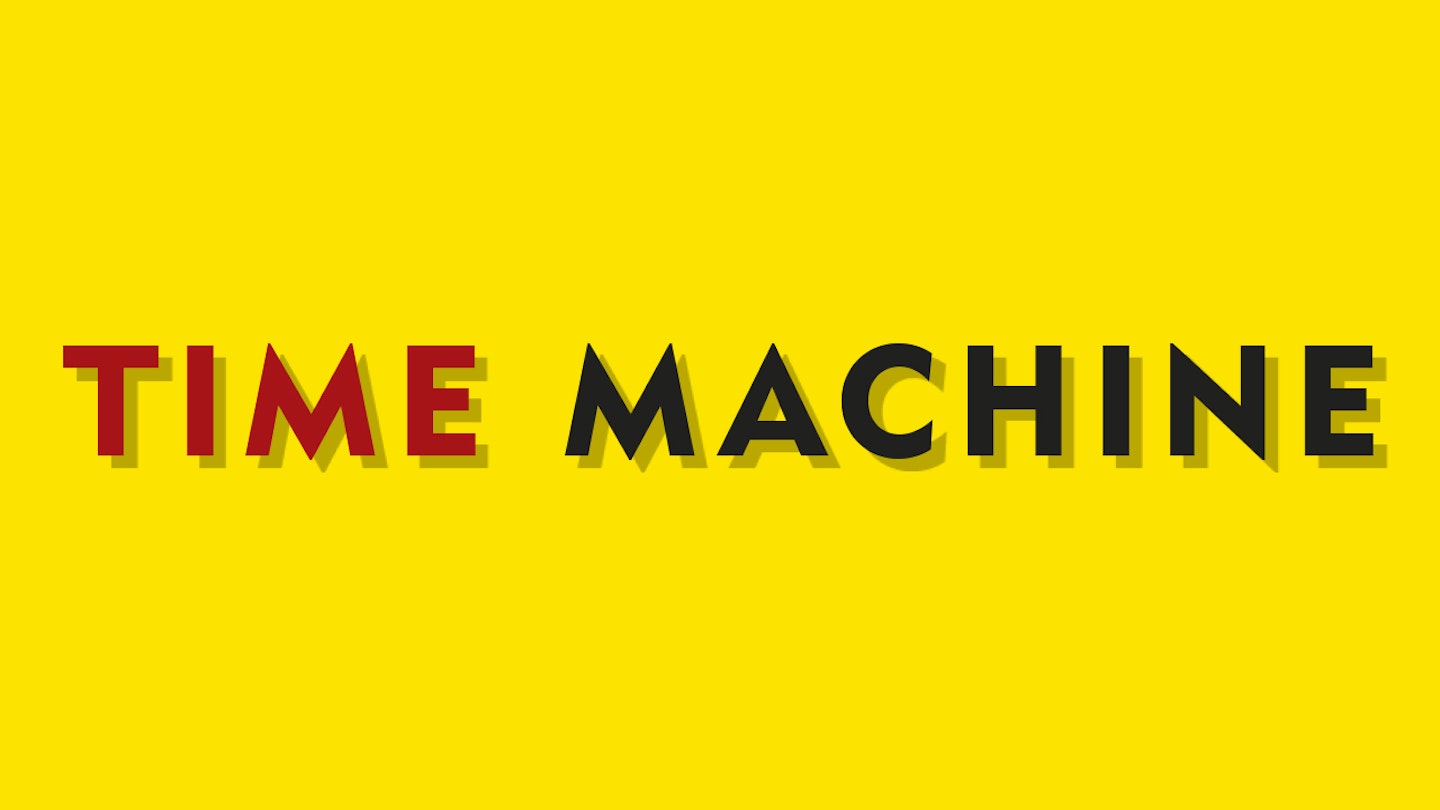9 May, 1964
Chuck Berry had already been a recording artist for nine years. He’d started at the top: Maybellene, a track he’d originally recorded as Ida Red, gained him the undisputed R&B hit of 1955, staying at Number 1 on the US Jukebox charts for 11 straight weeks.
Yet despite appearing in films including 1956’s Rock, Rock, Rock! and Go, Johnny Go! in 1959, he’d made little impact on the British record-buying public. Many may have regarded him as the font for all thing rock’n’roll, but 1958’s Sweet Little Sixteen was his lone Top 20 success to date.
In 1963 there came a change. Pye International records did a deal with Chess that gave them access to Berry’s back catalogue, and by Christmas that year a double-header of Let It Rock/Memphis Tennessee was a UK Number 6 hit. Other Berry releases also sold well, and in early May 1964 he had the biggest British single of his career to that point with No Particular Place To Go, which ascended to the third spot on the charts. Promoter Don Arden – aware that Berry was now on parole for 14 months after serving two-and-a-half years behind bars for transporting a 14-year-old girl across state lines – duly offered him a British tour.
Then living in Chicago, where his parole officer proved to be remarkably liberal, Chuck recalled, “I could go anywhere without the parole officer demanding that I first register an account of my intended travels. He told me to state only afterward on my monthly report, when and where I’d gone.” So he upped and flew the Atlantic to accept Arden’s invitation. Noting that “the tour had mostly bus and trains for transportation,” Berry was persuaded that coach travel was acceptable by two singer-dancers who were part of the show, namely Jemima Smith and Caroline Attard – AKA Decca recording artistes The Other Two – who were placed in a seat directly across from Berry’s set at the front of the bus. ”English buses are extremely plush with reclining seats like those of larger airliners,” Berry recalled, adding, ”Attard always wore slacks but Jemima was often seen in an exciting blouse and skirt.”
”I never saw a man so changed. It wasn’t just jail, it was those years of one-nighters, grinding it out like that can kill a man.”
Carl perkins
The show was of the package variety, with Carl Perkins as main support while The Animals, The Nashville Teens, Kingsize Taylor & The Dominos plus The Swinging Blue Jeans provided the rest of the names on the posters. Perkins, whose career had been placed on hold following a horrendous car crash some years earlier, proved a popular figure with audiences on the tour, which got underway at Finsbury Park Astoria on May 9 before trekking through a couple of dozen venues, from Plymouth to Glasgow.
However, Perkins discovered that Chuck Berry, whom he had worked with years before, was not the man he had previously known and admired.
”I never saw a man so changed,” said Perkins. “He had been an easy-going guy before, the kinda guy who’d jam in dressing rooms, sit and swap licks and jokes. In England he was cold, real distant and bitter. It wasn’t just jail, it was those years of one-nighters, grinding it out like that can kill a man, but I figure it was mostly jail.”
Forget The Beatles and The Stones...
The Swinging Blue Jeans proved unpopular with audiences, who felt they were not true rockers, and Gene Vincent was drafted in for a couple of concerts, causing the Melody Maker to enthuse of one capital show: “Forget The Beatles and the Stones, London audiences haven’t witnessed anything quite as spectacular as three living legends – Chuck Berry, Gene Vincent and Carl Perkins – heading a one-nighter at London’s Hammersmith Odeon.“
But there was never any doubt about who was the star of the package. The smart-suited Berry, backed by Kingsize Taylor & The Dominos, with Roy Young helping out on piano, roused the out-front crowds on every occasion via classics Johnny B. Goode, Sweet Little Sixteen, Nadine, Maybellene and more. He literally stopped the show at his first Hammersmith Odeon performance on May 10, where the audience became so roused by his trademark duckwalks that the management panicked and lowered the safety curtain.
Even so, the tour proved an enormous success, and the only drawback was that a planned Granada TV special, due to feature Berry and Perkins, failed to materialise before Berry flew home again to report to his parole officer.
